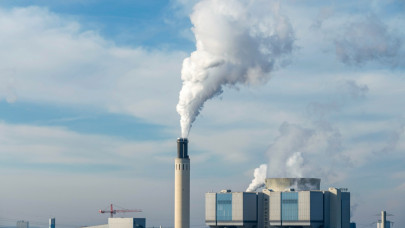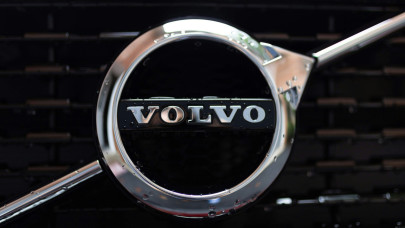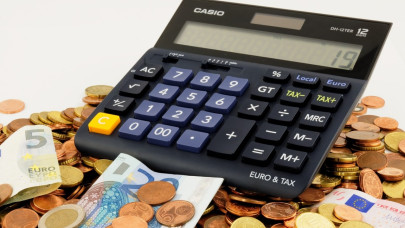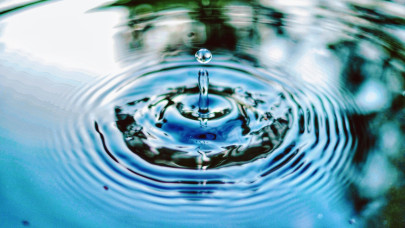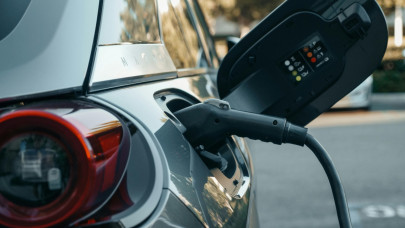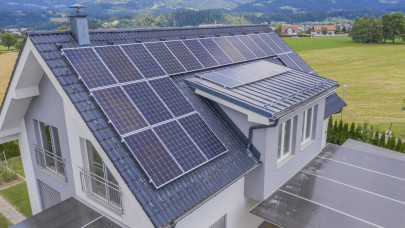“Green claims are everywhere: ocean-friendly t-shirts, carbon-neutral bananas, bee-friendly juices, 100% CO2-compensated deliveries, and so on. Unfortunately, way too often these claims are made with no evidence and justification whatsoever. This opens the door to greenwashing and puts companies making genuinely sustainable products at a disadvantage”, says Frans Timmermans, Executive Vice-President for the European Green Deal.
Areas targeted by the new rules include explicit claims made by companies such as “packaging made of 30% recycled plastic” or “ocean-friendly sunscreen,” covering all voluntary claims about environmental impacts, aspects or performance of products, services, or the business itself.
The new rules propose minimum requirements for businesses to substantiate, communicate and verify their green claims. According to the proposals, companies will be required to ensure the reliability of their voluntary environmental claims, which will need to be independently verified and proven with scientific evidence. Companies will be required to identify environmental impacts relevant to their products and also to identify any possible trade-offs.
The rules also aim to address the proliferation of private environmental labels. According to the Commission, at least 230 different green labels are currently in use, leading to consumer confusion and distrust. Under the new rules, new labeling schemes won't be allowed unless developed at the EU level, with new schemes approved only if they demonstrate greater environmental ambition than existing ones. Environmental labels must also be reliable, transparent, independently verified, and regularly reviewed.
The Commission said that smaller companies with fewer than 10 employees and less than €2 million in revenue will be exempt from the obligations of the new proposals.
“The proposals tabled by the Commission today will protect businesses and consumers from harmful greenwashing practices and tackle the proliferation of labels. We want to help consumers become more confident about their choices and ensure that those companies that make genuine efforts to reduce their impacts on nature, resource use, climate emissions or pollution are rewarded”, says Virginijus Sinkevičius, Commissioner for Environment, Oceans and Fisheries.


